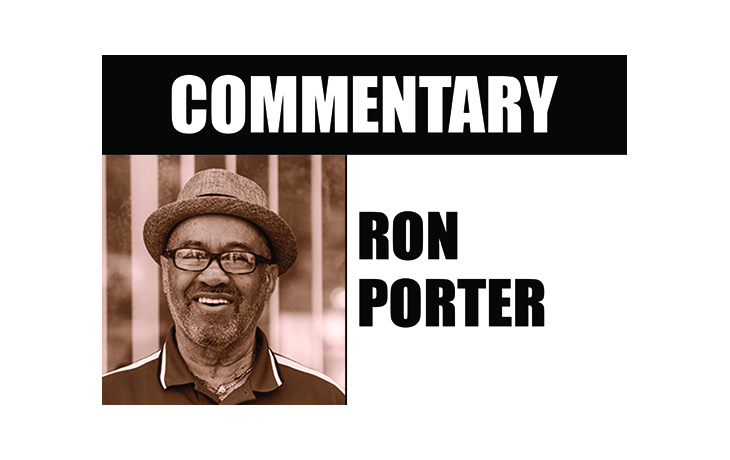by Ron Porter
Each year, July 4th celebrates the formal declaration of war that led to the founding of the United States of America. With a foundational belief in the concept that “all men are created equal,” subjects of the British monarchy rebelled ferociously. Eloquence, in support of liberty, abounded as Patrick Henry (a slave owner) said, with unintended irony:
Is life so dear, or peace so sweet, as to be purchased at the price of chains and slavery? Forbid it, Almighty God! I know what course others may take; but as for me, give me liberty, or give me death!
Nathan Hale, at age twenty-one, was convicted of spying for the rebellious colonials. As he approached the British hangman, he is reported to have said:
I only regret that I have but one life to give for my country.
For eight years, an army of farmers and landowners fought against shiploads of English conscripts and mercenaries. Life-ending musket balls and stabbing bayonets confirmed their willingness to die rather than be ruled by a distant king. Henry and Hale, along with many men who are pictured on U. S. currency, opted for violent resistance to oppression. The “War of Independence” resulted in tens of thousands of deaths. American history books teach us the ends of freedom justify the means of violence.

What about Africans who rebelled violently? Africans, who were in North America involuntarily, also believed that “all men are created equal.” Their resistance to enslavement has not been broadly celebrated and popularized in American history classrooms. Was their struggle any less noble?
So-called “slave rebellions” in North America were undeniably actions against human bondage, subjugation, and rape. Most public school education provides NO (or very little) information on the heroic efforts of enslaved Africans.
Many American educators teach from a curriculum that celebrates the British, Spanish, Portuguese, Dutch, and French “discovery” of the North American continent. Public school history lessons typically sanitize the brutality of a continent awash in bloody conflict. Students are educated to accept the portrayal of “Indians” as savages and slavery as a relic of an inglorious past.
Enslaved Nat Turner exists on the fringes of today’s educational horizon. His resistance to slavery was brutal but seldom characterized as righteous. The names of Nat Turner, Gabriel Prosser, and Denmark Vessey should resonate among the pantheon of freedom fighters. These rebellious enslaved men were hanged along with many of their followers. They should be broadly celebrated as patriots!
Each year, the thunder of fireworks explodes across the country to celebrate the bloodshed upon which the United States was founded. The hundreds, probably thousands, of rebellions against enslavement are largely unacknowledged and uncelebrated. Enslaved persons of African descent were often brutalized, but their valiant and resilient spirit has persevered through generations.
Brave fighters for human dignity, independence, and self-rule, were fluent and articulate in their native tongues. American history ignores and distorts the scholarly intellects of people stolen from Africa. Their assertions of self-worth and human dignity were no less articulate than those captured in U. S. history books. English is not the only language of freedom fighters.
This is a plea for leaders in public education to ensure every American child is exposed to the unflinching bravery of all patriots who pledged their lives and sacred honor in the belief that all men are created equal.